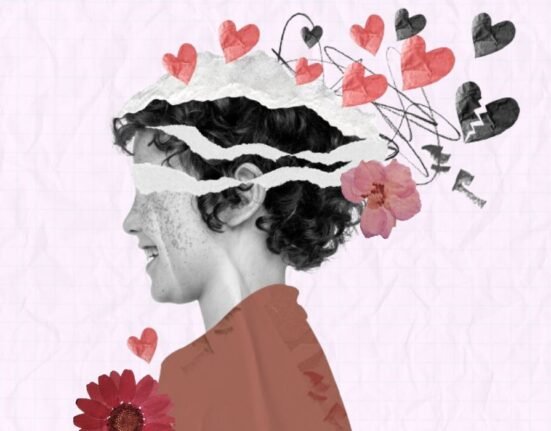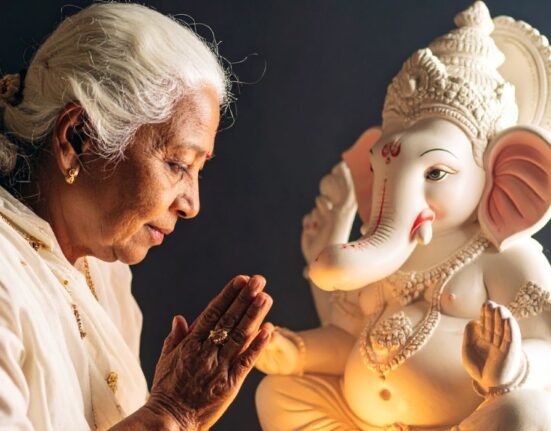The LGBTQIA+ community has seen a lot of growth and development in terms of laws and regulations. Although these changes are still slow and not properly enforced. Many members of the community have felt the impact of these reforms in terms of acceptance and equality in society. many LGBTQIA experience fear, and isolation. They also struggled for acceptance from their families, many have stated that it didn’t matter to them what society thought of them, but they were most affected by their parents. Despite the changes in law and reforms, the acceptance of LGBTQIA+ people depends upon many factors like place, religion and economic conditions.
Reason for the lack of LGBTQIA’s Acceptance.
These are reasons why families participate in homophobia and prejudice, making it difficult for LGBTQIA youth to ask for acceptance and equality among families.
Culture and Religion:
In many Western countries like the USA and the UK, individualistic values promote identity formation and expression, aiding the LGBTQIA+ community to openly express themselves despite struggles. Conversely, Eastern societies often emphasize conforming to traditional norms and maintaining social harmony, leading to less visible and less accepted LGBTQIA+ communities. High value is placed on family reputation, filial piety, and traditional gender roles, making it challenging for LGBTQIA+ individuals to live openly without facing familial and social pressure. Additionally, religious values often come in the way. Families often struggle to understand homosexuality and gender identity, leading to difficulties for LGBTQIA+ youth in coming out and resulting in homophobia due to a lack of understanding and empathy.
Read More: How Culture Shapes Mental Health and Influences Our Well-being
Economic Conditions :
Fear of economic insecurity, including the potential loss of employment, often leads individuals to avoid associating with the LGBTQIA+ community. Certain jobs, such as those in politics, heavily depend on public opinion, and a politician’s brand may come under scrutiny if their child associates with the LGBTQIA+ community. Even in service jobs, companies may subtly fire employees under various regulations to avoid associating with anything non-heteronormative. This fear of economic repercussions extends to all forms of non-conforming actions. Additionally, children who are financially dependent on their parents often avoid “coming out” to maintain their financial security.
Lack of education :
People often fear the unknown, and as a result, there are many myths about the LGBTQIA community, Which contributes to their homophobic attitude. These factors heighten the prejudice against the LGBTQI community and result in the development of homophobic attitudes and environment in families, which have a traumatic impact on the children from such families.
Read More: Mental Health Insurance in India
The Consequences of Lack of Acceptance:
The lack of acceptance of LGBTQIA adolescents has a terrible long-term impact on their development and mental health.
- Mental Health Problems: Youth who experience parental rejection are more likely to have sadness, anxiety, and suicidal thoughts. Having no family support makes it worse to feel alone and unworthy of oneself.
- Emotional pain: Prolonged emotional pain brought on by family rejection can give rise to problems like drug misuse and self-harm as coping methods.
- Identity and Self-esteem: The formation of a strong and positive identity might be hampered by parental rejection. Constantly experiencing prejudice and hatred even from family, can lead to low self-esteem and internalized homophobia or transphobia.
- Homelessness: Youth who experience parental rejection are more likely to become homeless. They could decide to flee or be forced to leave their house, which could result in poverty.
- Access to Healthcare: LGBTQIA adolescents may not have funds to access medical care, gender-affirming treatment, and mental health treatments if their parents don’t support them.
What should parents do to avoid this
These are certain steps parents can take to change their attitudes to prevent their children from experiencing a traumatic” coming out “.
- Emotional Support: Expressing love regardless of sexual orientation or gender identity. Listen to their issues and validate them There is enough hate for non-heterosexual people, they don’t deserve more hatred even from their parents.
- Educate Yourself: Educate yourself on the LGBTQIA community and being aware of various gender identities This will help you to empathise with your child, and lead to the creation of safe spaces.
- Challenge your internal Prejudices: since we live in heteronormative societies, we might end up having certain prejudices unconsciously. Hence we must identify them and resolve them.
- Creating a Safe Environment: Creating a safe space for children, in family settings is crucial as they can do whatever they want without fear and judgment.
- Advocacy and Involvement: Participating in various events and pride festivals learning and advocating about the importance of LGBTQIA’s rights.
- Mental and Physical Health: Encourage and make it easier to access mental health resources, such as counselling or therapy with professionals who are knowledgeable about LGBTQIA issues.
- Open Communication: Keeping communication open. Let them know they can talk to you about anything without fear of negative consequences. This will help.
Read More: What is Family Therapy and how it works?
Conclusion
Many families don’t support their children’s sexuality and gender Identities. Due to their religious background and fear of rejection from their community, they avoid associating with the LGBTQIA community and do not want their children exposed to it. However, when children from these backgrounds express their sexuality and identity, they often face economic difficulties and experience a decline in their mental health. To avoid their parent’s need to change their beliefs and perspectives, they should offer their children unconditional support and love, economic support, and mental support. This will help their children to learn and develop their own identity.
References +
- Katz-Wise, S. L., Rosario, M., & Tsappis, M. (2016). Lesbian, Gay, Bisexual, and Transgender Youth and Family Acceptance. Pediatric clinics of North America, 63(6), 1011–1025. https://doi.org/10.1016/j.pcl.2016.07.005
- Families | Youth.gov. (n.d.). https://youth.gov/youth-topics/lgbtq-youth/families
- Ryan, C., Russell, S. T., Huebner, D., Diaz, R., & Sanchez, J. (2010). Family acceptance in adolescence and the health of LGBT young adults. Journal of child and Adolescent Psychiatric Nursing: official publication of the Association of Child and Adolescent Psychiatric Nurses, Inc, 23(4), 205–213. https://doi.org/10.1111/j.1744-6171.2010.00246.x
- Supporting LGBT Youth and Their Families: The Family Acceptance Project | The Homeless Hub. (n.d.). https://www.homelesshub.ca/resource/supporting-lgbt-youth-and-their-families-family-ac ceptance-project
- Moagi, M. M., van Der Wath, A. E., Jiyane, P. M., & Rikhotso, R. S. (2021). Mental health challenges of lesbian, gay, bisexual and transgender people: An integrated literature review. Health SA = SA Gesondheid, 26, 1487. https://doi.org/10.4102/hsag.v26i0.1487













Leave feedback about this